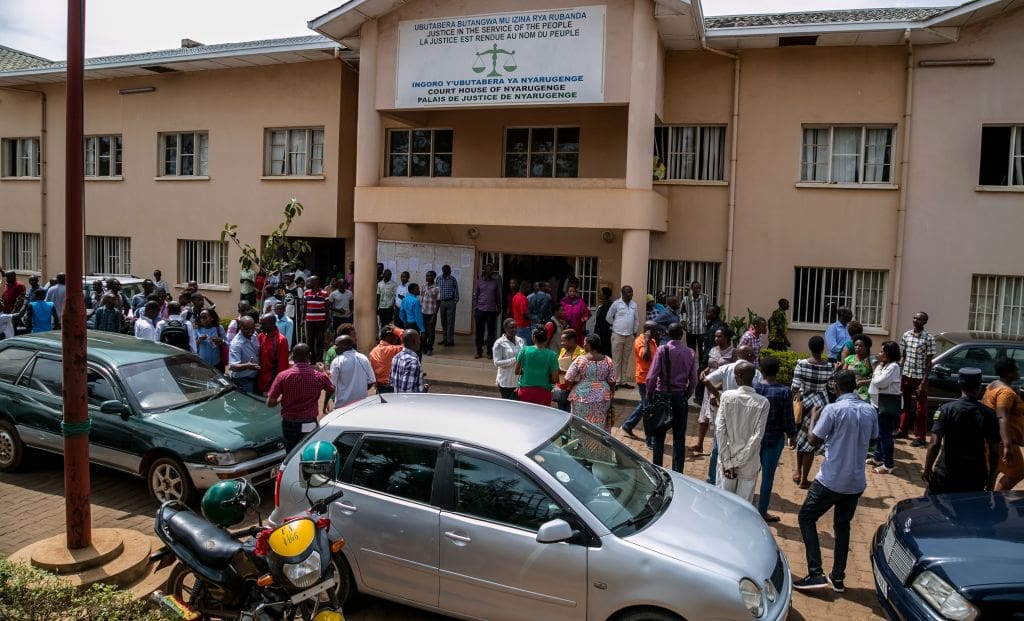Commenting after Paul Rusesabagina, a Rwandan opposition leader, was found guilty of terrorism and sentenced to 25 years in jail in the Rwandan capital Kigali today, Amnesty International cited numerous violations in the pre-trial period which impacted the fairness of the trial.
“Amnesty International noted numerous fair trial violations, including Rusesabagina’s arrest under false pretenses and unlawful transfer to Rwanda, enforced disappearance and incommunicado detention following his rendition to Rwanda. These fair trial violations must be effectively remedied” said Sarah Jackson, Amnesty International’s Deputy Regional Director for East Africa, the Horn of Africa and the Great Lakes.
“Victims and survivors of attacks attributed to the National Liberation Forces deserve justice. Fair trial violations in the case were a disservice to the course of justice and to the victims and survivors of the attacks for which Rusesabagina and others were accused of being responsible.”
In a public statement, Amnesty International listed other violations of fair trial rights, including that Rusesabagina was initially denied the right to be represented by a lawyer of his choice, prison authorities confiscated privileged and confidential legal documents from him, and that President Paul Kagame’s public comments on the case, including when he told CNN TV that the Rusesabagina had “done something terribly wrong, committed a crime,” may have prejudiced the defendant’s right to be presumed innocent until proven guilty.
Background
Paul Rusesabagina is credited with being instrumental in protecting the lives of around 1,200 people who sought refuge at the Hotel des Milles Collines in Kigali during the 1994 Rwandan genocide. He left Rwanda in 1996 and over time became increasingly critical of the Rwandan Patriotic Front (RPF) government. He later founded an opposition political party – Party of Democracy in Rwanda (PDR-Ihumure) in 2006. In 2018, he co-founded the Rwanda Movement for Democratic Change (MRCD), a coalition of opposition groups of which he was president at the time of his arrest.
Paul Rusesabagina and 20 other individuals were tried in connection with armed attacks in 2018 and 2019 in southern Rwanda attributed to the armed wing of the MRCD, known as the National Liberation Forces (FLN), in which nine people were killed. Rusesabagina was charged with nine terrorism-related charges: formation of an irregular armed group, membership of a terrorist group, financing terrorism, murder as an act of terrorism, abduction as an act of terrorism, armed robbery as an act of terrorism, arson as an act of terrorism, attempted murder as an act of terrorism and assault and battery as an act of terrorism.
Amnesty International’s monitoring of the pre-trial period and the case focused on procedural adherence to international fair trial standards.
Contact: Gabby Arias, [email protected]

